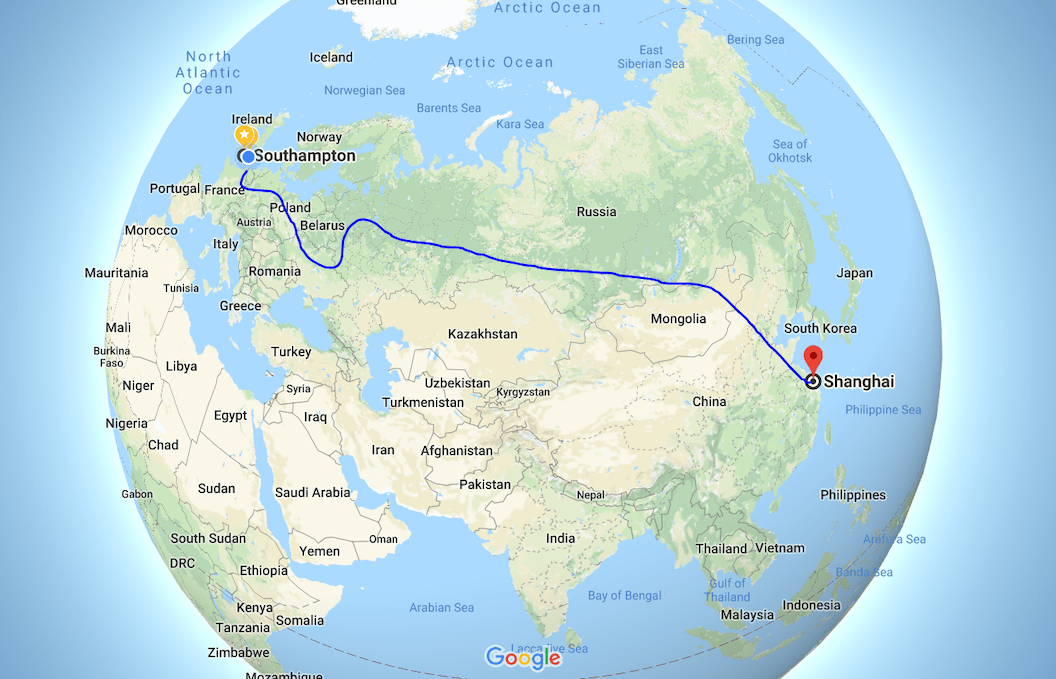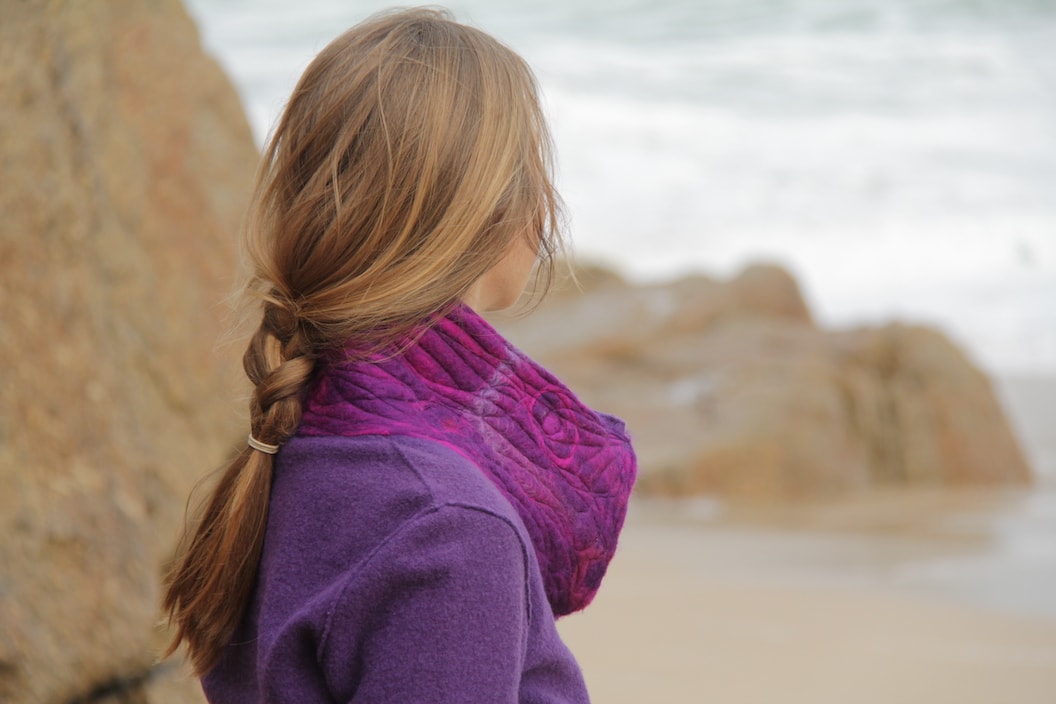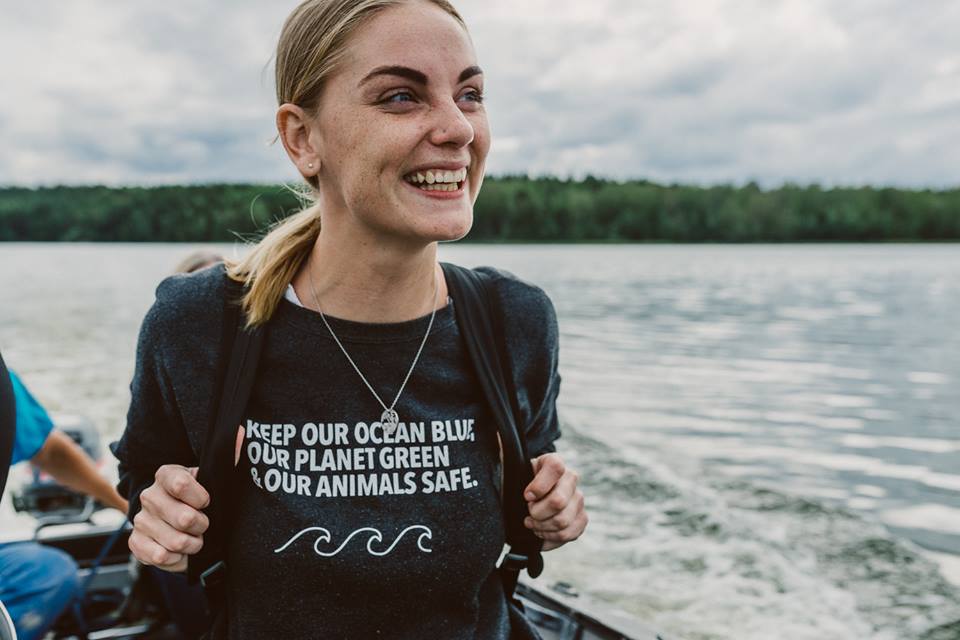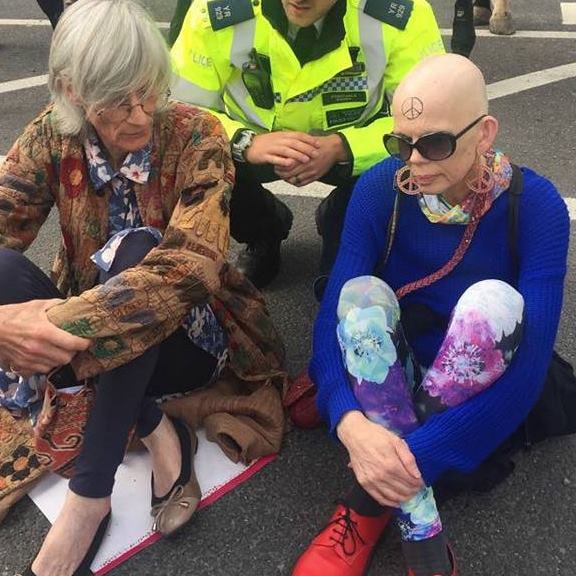We recorded an interview with Lewis which is summarised here. For the full audio interview go to our podcast page.
It was George Monbiot’s book ‘Heat’ that switched Lewis on to the idea of not flying.
That and attending Camp for Climate Action, a place where it really hit home that climate change activism meant a complete lifestyle change.
He remembers speaking to someone from Plane Stupid about his forthcoming trip to Bali where he would be taking part in volunteer work, and being ‘allowed’ to fly for that because it was such a good cause. The person gently pointed out that it might be better if those people on those islands were doing that work rather than privileged middle-class kids flying out to do ‘their bit’ for a couple of months, in the process, being responsible for tons of carbon emissions. Despite being indignant at first, those two encounters got him thinking. When it comes to aviation, there’s just no way around it. If you’re going to travel so far, so quickly, it’s going to take a hell of a lot of fossil fuel.
"When it comes to aviation, there’s just no way around it. It’s going to take a hell of a lot of fossil fuel."
So that was back in 2007, and Lewis made the decision to stop flying.
Pretty soon, he realised the implication of his decision; a well-travelled man, it meant no more trips to South East Asia, Australia or Central America. But did it really mean that? The desire to see the world hadn’t changed, simply the means. Travel is still possible without flying. So with his girlfriend at the time, he began thinking about where they could go. They considered overland to India but decided on South America by boat.
It would have been amazing to go by yacht – a really low-carbon way of crossing the ocean – but they didn’t have the time. Instead they went by cargo ship. Obviously shipping is a massively carbon-intensive industry as well, and that needs to change, but in this case, instead of adding to the demand for flights which drives the increase in aviation, they were simply piggy-backing on something that was already taking place. Whether they went or not, that ship would still be going to South America.
It was surprisingly expensive – €90 each per day – which is really frustrating because flying is so much cheaper. When you stop flying, you realise the injustice of the transport system. But it’s not a like-for-like journey, so in reality it’s great value. They had a lovely little cabin (no sleeping in a container!) with a sea view, great food and lots of time to read and reflect and to practice their Spanish. A highlight was seeing the stars at night, because when else are you going to be that far from human habitation? They got to know the crew and were really sad to leave the boat at the end. The trip felt like a holiday in itself.
"When you stop flying, you realise the injustice of the transport system."
The best part was that you slowly acclimatise to where you’re going, you’re not just dropped from an artificially ventilated pod into a new climate. Yes, it does take ages, and that’s not going to suit everyone, but it’s important to recognise the benefit of these different modes of travelling.
Back in Europe, Lewis has spent many hours on long-distance coaches.
To the Pyrenees it was 27 hours; all the way to the Costa del Sol, from London Victoria to Malaga, was 40 hours. That was grim! You have to have the right attitude and be prepared. There are times you just want to lie down! But there are also times when it’s phenomenal – passing through incredible countryside, seeing the landscape become more arid as you make your way through Spain, passing through towns and places you would never go because they’re not tourist places, seeing everyday scenes of real France and real Spain. And there is great camaraderie amongst the passengers, especially among those who are doing the entire journey. You wouldn’t get that on a plane.
"There is great camaraderie amongst the passengers. You wouldn’t get that on a plane."
It was great to hear Lewis’s stories about how travel by means other than aeroplanes can really give you a different experience, and the world can feel richer as a result. Thank you Lewis for speaking with us.
The full audio interview can be found on our podcast page.




